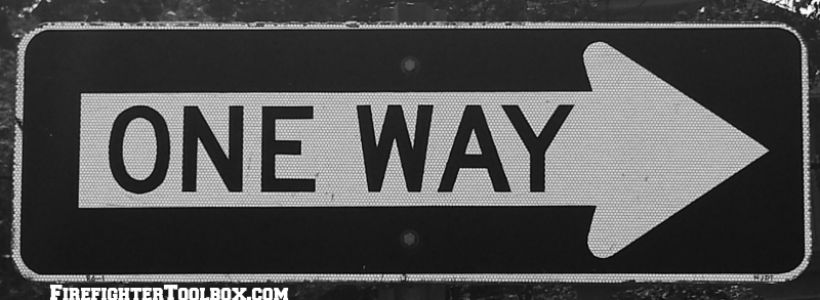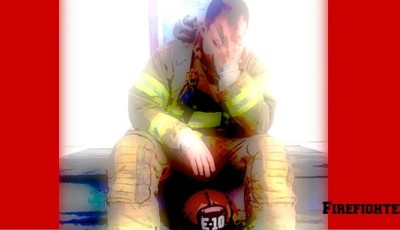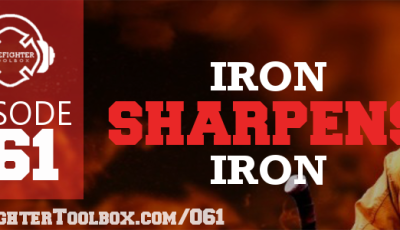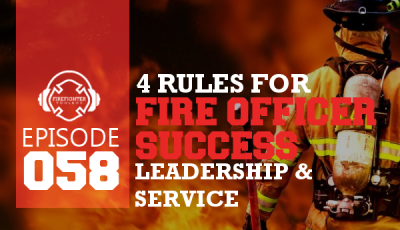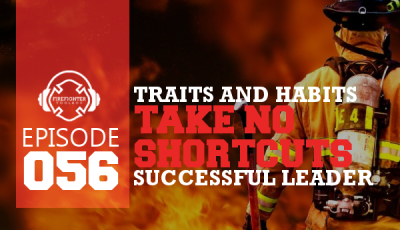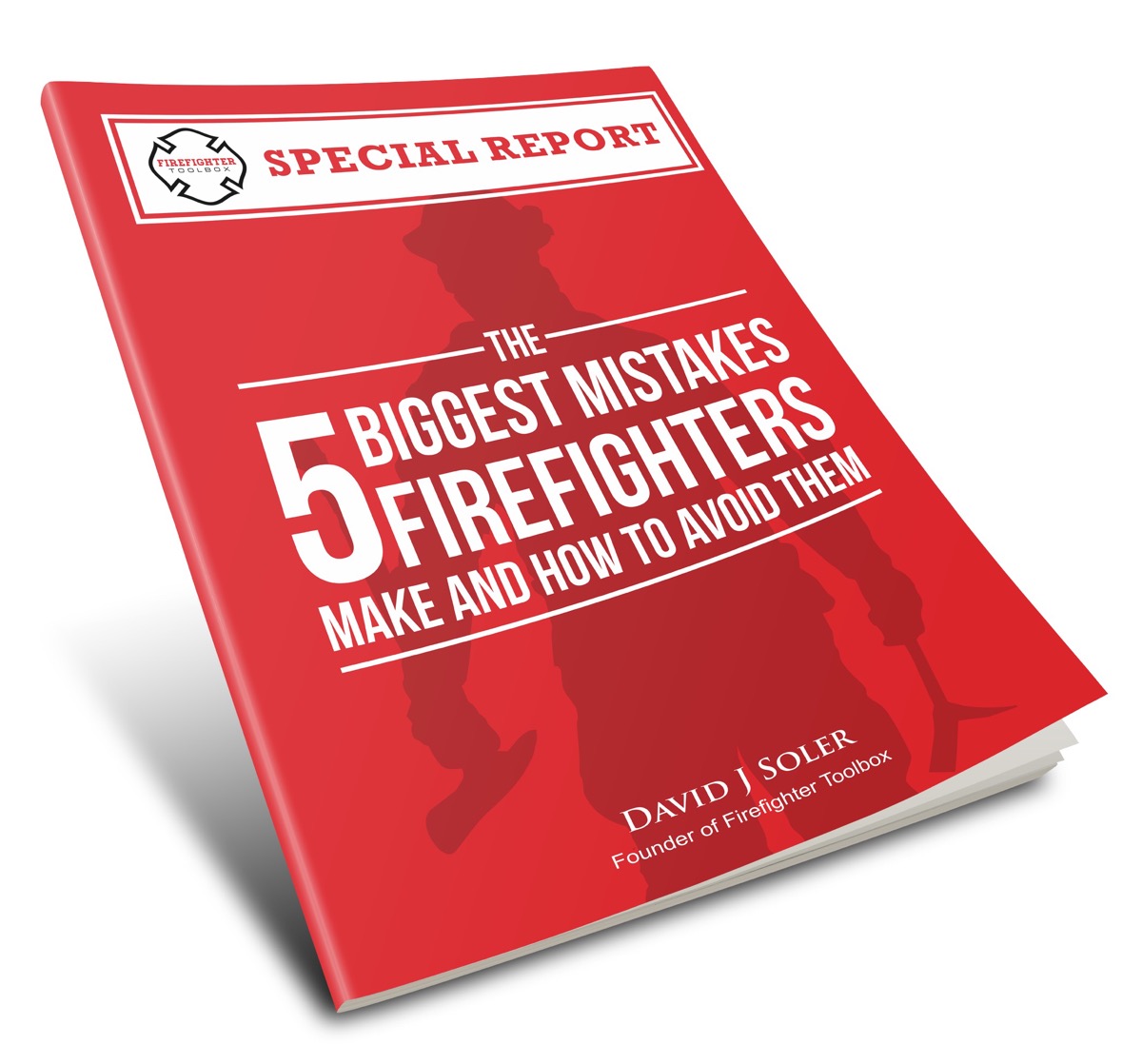5 Tips to Handling Difficult Firefighters – Part 2
Handling difficult firefighters and situations begins with being an effective communicator. The next step is to set the expectations. This is the most important part of the process.
Tip #2 – Setting The Expectations
Setting the expectations starts with the indoctrination process. Indoctrination is the process of instilling the expected behaviors and values in an employee so that as they develop, they can exceed the organization’s expectations.
When a new firefighter is assigned to your company, that is the time to tell them what is expected of them. Communicate with them that being early for duty isn’t exceptional; it’s expected!
Another example would be to explain to the new firefighter where and how all the equipment is to be left on the apparatus. This communicates that it is expected of them to have an intimate knowledge of the apparatus and leaving it in a state of operational readiness.
Another important part of setting the expectations and standards must include a regular review of the firefighter’s progress. This is known as continuous feedback. The team member’s performance is evaluated by their competence and commitment to their work. As their leader, we are to be constantly about the business of reviewing, revising, and improving our employees’ KSAs.
One of the main goals for us as company officers is
to build the knowledge, skills and abilities of the crew
while always monitoring their attitude, motivation and confidence in themselves.
— J. Dixon
Here are some ways to set the expectations:
• Sit the crew down at the coffee table and outline what is acceptable behavior and what isn’t.
• Make sure that the message we are sending is understood. This can be done by asking them questions.
• Ask for feedback to show that we care about their opinions.
• Don’t take the issue away from the individual.
• Ask the crew about their expectations of how the company should operate.
• Keep personalities out of the decision making process.
Tip #3 – Be a Mentor
Mentoring must be done at all levels within the organization. We have already communicated with our crews while setting the expectations for how our company shall operate. The best way to ensure that our message is received and practiced is to be a mentor.
Here are 3 ways to be a mentor.
#1 – Lead
Do this by passing on knowledge and skills that were acquired over years of experience and training. A leader must set the example for others to follow and be the leader they need. Knowledge is meant to be passed on and shared. It does none of us any good if we keep it to ourselves.
#2 – Follow
Be an advisor and counsel the firefighters through their professional development. Follow through with monitoring their progress within the organization. Make yourself accountable for their success as well as their failures. This will lead us to become servant leaders.
#3 – Get Out Of The Way
As our mentee gains knowledge, skills, and abilities, begin the process of encouraging them to seek out other mentors to learn, grow and develop further. Always remain available for them to lean on you in the future for assistance when needed.
What are some of the expectations that your mentor has communicated to you? Share in the comments below.
Photo courtesy of John Dixon
Read the complete series here!
5 Tips to Handling Difficult Firefighters
Part 1
Part 2
Part 3

